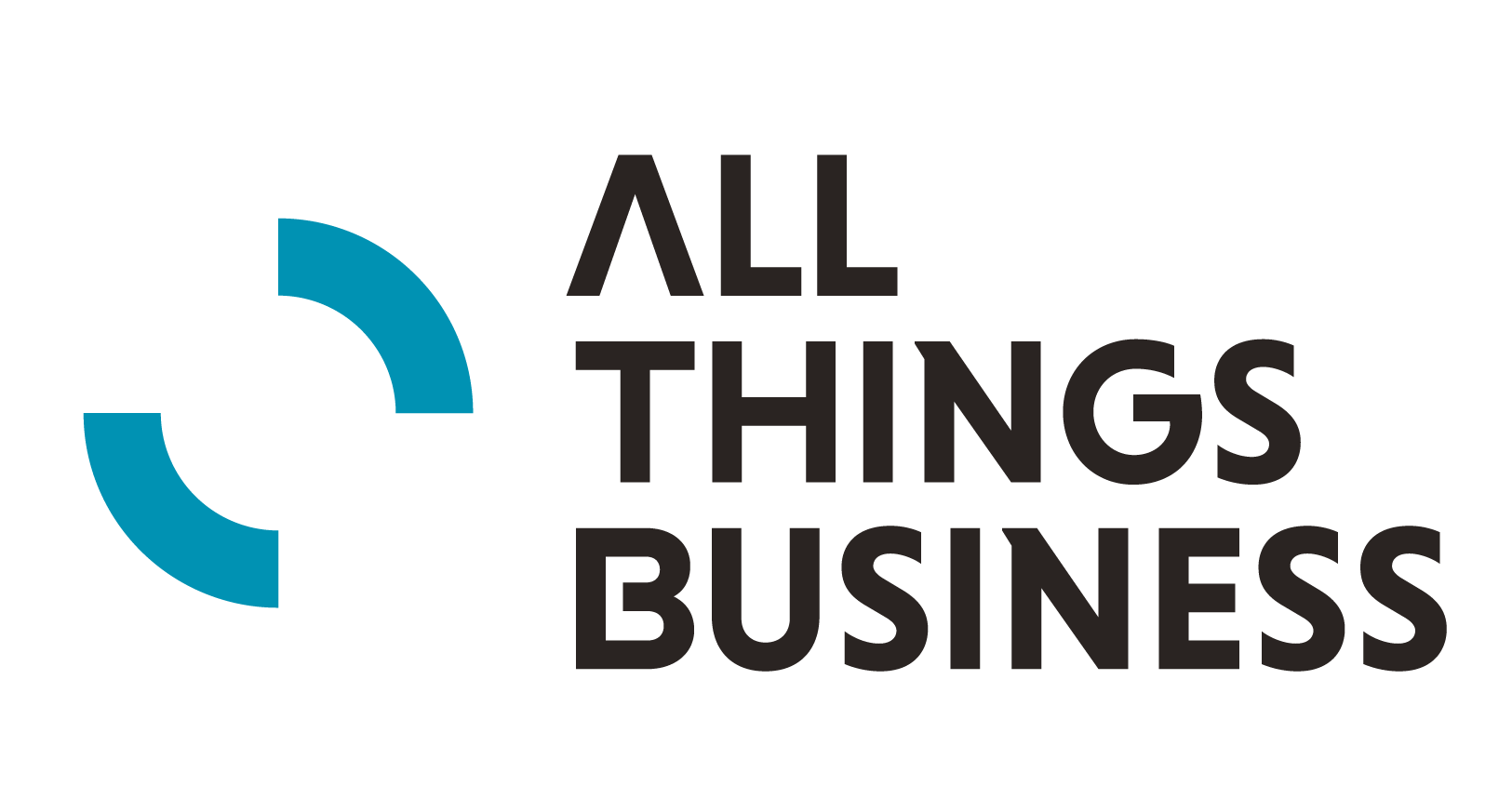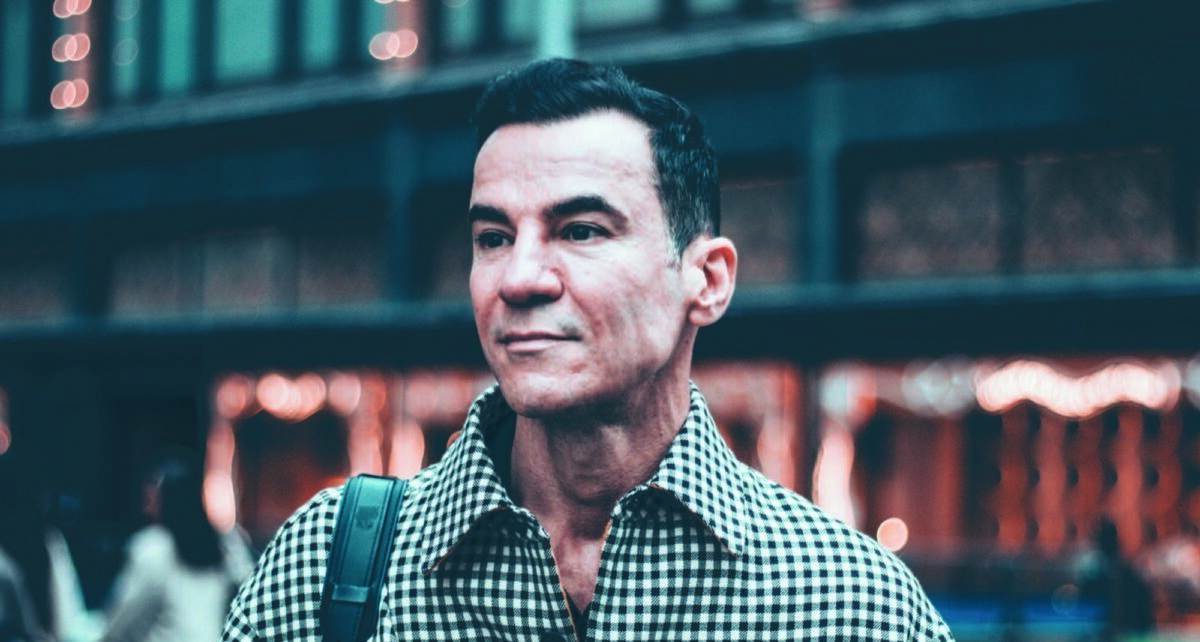Rami Cassis is an international hands-on private equity investor who founded Parabellum Investments in 2012. He often operates as a bridge between UK and US markets and has a strong track record of positioning businesses for future growth, with his portfolio including the likes of the serialisation specialists Advanco (responsible for serialising COVID-19 vaccines); the digital transformation consultants, MajorKey; the nancial advisory rm, Razor-Risk; the digital banking providers, ieDigital, and the technological automation experts, Parseq. His most recent investment was unique, and down to a personal passion of his, the luxury fashion retailer Hervia (famously known for stocking debut collections from Helmut Lang and Alexander McQueen). We spoke to Rami Cassis about his latest venture and how he sees his future in the world of high fashion.
A straightforward question, why fashion?
No matter what job I was working in, I always had this interest in fashion in the background. It was what my first pay cheque went towards and I always promised myself that I would find a way to combine my love for fashion with my professional life. Part of the reason I got into fashion was seeing the same boring corporate clothing in every business meeting I walked into. Why shouldn’t we take every opportunity we have to express ourselves? The industry is full of people who understand this passion. They got to where they are through so much dedication and love for the art, and I wanted to get stuck into the challenge of using my experience to grow the industry for the better – especially so Britain can better showcase its talent. Some of my favourite brands are McQueen and Galliano, both of which Hervia stocked before they’d made it big, and I have a huge amount of respect for what Grace Wales Bonner has done for UK fashion. Oscar (Pinto-Hervia, CEO of Hervia) and I are keen to continue Hervia’s legacy and bring the next generation of UK designers to the fore, just as others have done in years gone by. Creativity is what makes fashion work. Without the freedom for artists to bring their ideas to reality, there’s no way to have a functioning fashion brand, let alone a successful company. Creativity must be preserved at every turn. But that doesn’t mean that the business side has to suffer. In my view, the more you let creativity blossom, the better the business results.
What was it about the brand that was attractive?
There are so many opportunities in the fashion space that are overlooked, particularly in international markets that I wanted to tap into. There’s a growing market of high-spend individuals across Asia and the Middle East that want to spend their money on high-quality luxury clothing, and want the same for their children too. Unlocking these markets and expanding into childrenswear is absolutely part of our future plans.
I wanted to explore these opportunities with a brand I believed in. Oscar was central in helping me decide to choose Hervia. He’s built an impressive legacy, having worked closely with the late Vivienne Westwood and Alexander McQueen, and his experience in the industry is unmatched. He’s got an incredibly deep understanding of the UK fashion industry and is someone that I feel I can work well with and learn a lot from. But more than that, I like his leadership, what he stands for, and his willingness to take risks.
Hervia works with luxury brands that are willing to push the boundaries and set a new standard. It has a track record of seeking out young British designers in particular, which is massively needed at a time where British fashion is falling behind its French and Italian peers. Not only do I want to expand Hervia into new areas such as childrenswear and strengthen its customer service, but supporting young British designers is very close to my heart.
You speak about risk and the unpredictable nature of fashion, what experience do you bring that will be helpful in that sector?
Despite Parabellum now being 11 years old, I’ve stuck to a similar approach throughout. It’s all about taking a hands-on approach and driving organic growth, picking up new investments and challenges along the way. Without pushing too far into the CEO’s space, I prefer to get involved in the companies I support, understand the sector more deeply, and be in a position where I can help advise based on more than just statistics. But Hervia isn’t just another investment – Hervia is a real passion project for me.
Understanding and managing risk is a huge part of private equity. In fact, it’s at the very core of what we do. Particularly in times like these, it is easy to get swept away in the panic and focus too much on the short term, but I’m a huge believer in prioritising the long view of business. It’s important to implement flexibility and adaptability to make businesses as resilient as possible through challenging times.
I don’t shy away from risk, and that’s essential in this line of work. When risk pays off, it’s incredibly rewarding. Many of the companies that make up Parabellum are from industries which are typically regarded as volatile or high risk, most notably the tech sector, but they have since become reliable cornerstones of Parabellum throughout the very turbulent past few years. ieDigital, which helps banks improve customer experience through the most up-to-date technology, is a prime example of this.
How much risk are you prepared to take?
There are a lot of factors that play into how much risk is reasonable. There needs be a healthy appetite for risk, part of which is achieved through a mindset of playing the long game rather than being focused on short-term wins. I lead Parabellum Investments and deploy mainly my own capital. That gives me the ability to keep a close relationship with all of my investments and leverage my experience across all sorts of cultures, sectors, and continents to discover new opportunities. Having your own capital on the line forces you to make smart decisions, but it gives you the freedom to take risks too.
When I’m assessing risk, there are a few different criteria I look for. Knowing a company’s past performance is important, but my priority is its leadership and management. I only want to work with management who have a clear picture of where they’re headed and how to get there. Leaders need to be resilient, disciplined, but equally be empathetic and good communicators.
Why does fashion need the support of investors like you and your company and would you encourage others to follow suit?
There should absolutely be more investment in fashion. The industry has an unmatched passion, enthusiasm, and innovation compared to every other industry I’ve worked in. But it doesn’t get the respect it deserves, and neither do the people that work within it.
There’s a real opportunity to help young British designers and bring the British industry into a new golden age by providing consistent access to capital. That access can be completely life-changing for young designers, who are often unable to sit on stock for long periods or advance their businesses without it. As investors, we can help these designers reach their potential and provide them with invaluable business advice along the way.
Find out more at Parabellum Investments at www.parabelluminvestments.com

Founder of Parabellum Investments

